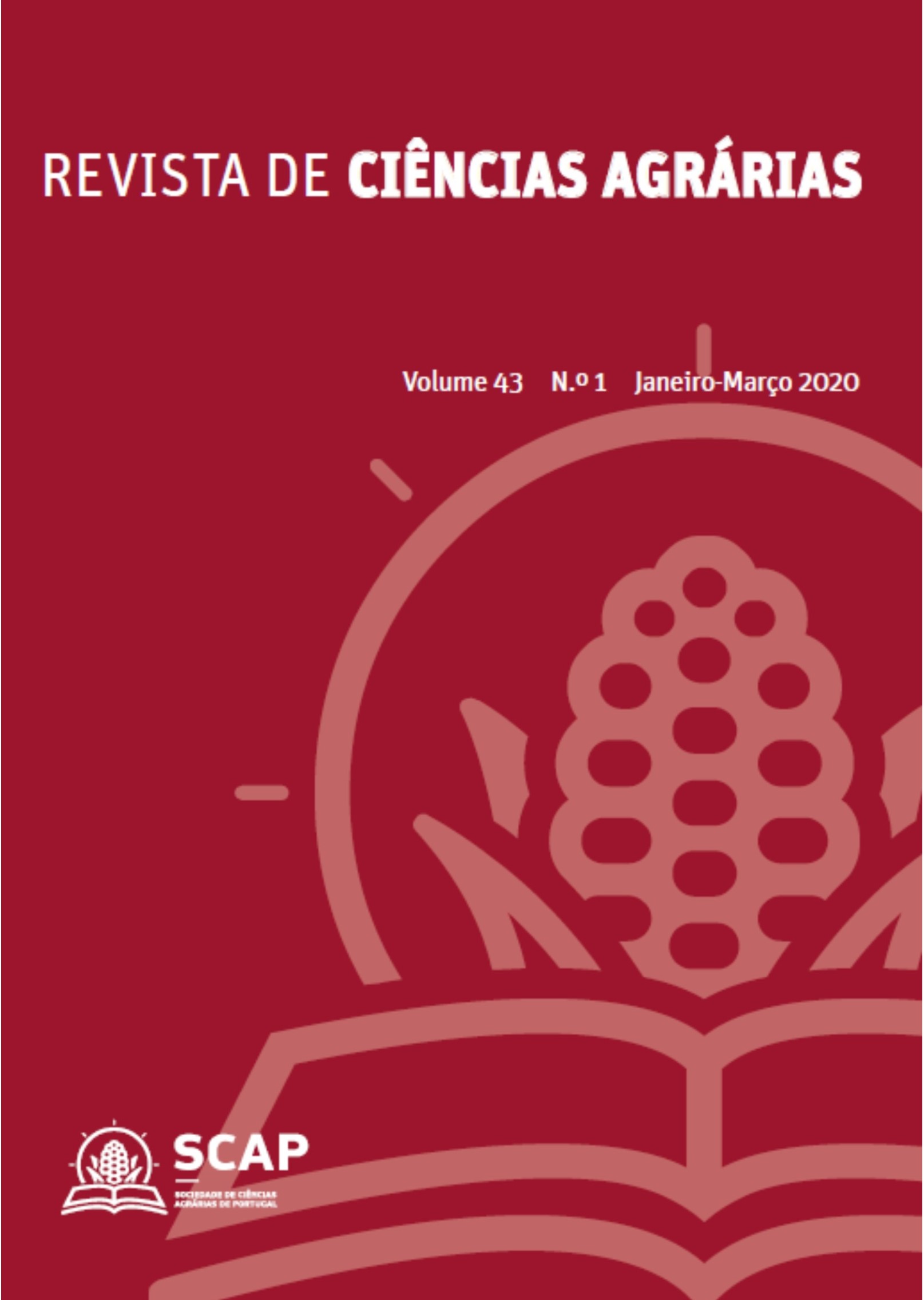Adubação potássica na qualidade de pêssegos
DOI:
https://doi.org/10.19084/rca.17859Abstract
For stone fruit the potassium (K) is related to fruit quality. The objective of this work was to evaluate different doses of potassium fertilization in the physical-chemical characteristics and bioactive compounds of ‘Esmeralda’ peach fruits. The experiment was carried out in a commercial orchard in the municipality of Morro Redondo, Rio Grande do Sul, Brazil, between the seasons of 2014 and 2017. The potassium doses applied were 0, 40, 80, 120 and 160 Kg K2O ha-1. It was evaluated: pulp staining, peel and pulp firmness, soluble solids, pH, titratable acidity, SS/AT, total phenolic compounds, total carotenoids and antioxidant activity. The increase in K doses reduced the phenolic compounds content and the antioxidant activity in the peaches in the same harvest Fruit quality parameters, such as titratable acidity and firmness of the pulp did not show changes with the potassium fertilization of the peach trees in the four harvests evaluated. However, soluble solids, SS/AT, chroma, °Hue, peel firmness and bioactive compounds are influenced by the K doses, but also depend on the climatic conditions and the crop under analysis.


